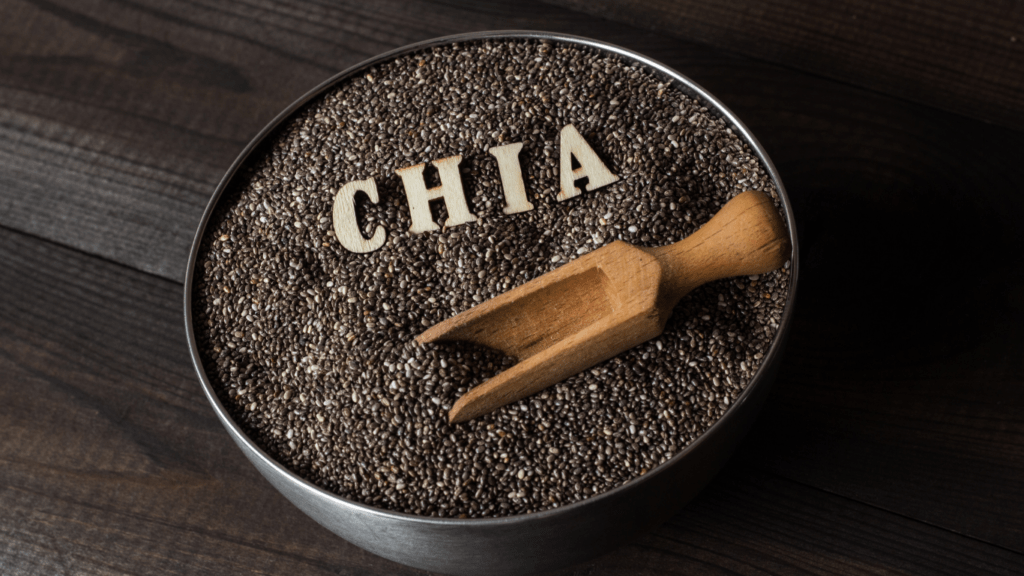Proper hydration is often overlooked but plays a crucial role in achieving optimal nutrition. Staying hydrated is not just about quenching your thirst; it’s about ensuring your body functions at its best.
As someone passionate about nutrition, I’ve witnessed firsthand the impact of adequate hydration on overall well-being. In this article, I’ll delve into the significance of hydration in maintaining a balanced diet and maximizing nutrient absorption.
From the benefits of water for digestion to its role in regulating body temperature, hydration is a cornerstone of good nutrition. Join me as we explore how simple yet essential it is to prioritize adequate hydration for a healthier lifestyle.
Importance of Hydration
Hydration plays a vital role in supporting optimal nutrition and overall well-being. Proper hydration is not just about satisfying thirst; it is crucial for the body to operate at its best. As a nutrition enthusiast, I aim to delve into the importance of staying hydrated to maintain a well-rounded diet and improve nutrient absorption.
In this section, I will explore how water benefits digestion and helps regulate body temperature, emphasizing why prioritizing hydration is key to a healthier lifestyle.
Hydration and Nutrient Absorption
Hydration plays a critical role in nutrient absorption, ensuring that the body effectively utilizes the essential vitamins and minerals consumed. Let’s delve into how staying hydrated influences digestion and nutrient transport.
Influence on Digestion
Proper hydration is vital for optimal digestion as it helps break down food efficiently, allowing nutrients to be absorbed more effectively. When I’m adequately hydrated, my digestive system functions smoothly, promoting better nutrient breakdown and absorption.
Impact on Nutrient Transport
Hydration directly affects the transport of nutrients throughout the body. When I maintain proper hydration levels, nutrients are easily circulated to where they are needed most. Adequate water intake supports the transportation of nutrients to cells, aiding in overall health and well-being.
Hydration Requirements
When considering hydration requirements, I focus on the individual needs to maintain optimal health. Proper hydration is vital for various bodily functions. It’s not just about drinking water when thirsty; it’s about sustaining the body’s efficiency.
Dehydration can disrupt essential processes, affecting overall well-being. Hydration is key for nutrient absorption, supporting the body in utilizing vitamins and minerals effectively. Adequate water intake aids in digestion by breaking down food efficiently, facilitating nutrient absorption.
Moreover, proper hydration levels ensure the smooth transport of nutrients to cells, fostering overall health. Prioritizing hydration is essential for promoting a balanced diet and enhancing nutrient absorption. By understanding the significance of hydration, we can optimize our health and well-being.
It’s crucial to meet our individual hydration needs to support bodily functions effectively.
Hydration Monitoring and Strategies
Monitoring hydration levels is crucial in maintaining optimal nutrition and overall well-being. As a nutrition enthusiast, I recognize the importance of tracking my fluid intake to ensure that my body functions at its best.
Proper hydration goes beyond just drinking water when thirsty; it is a proactive approach to supporting digestion, nutrient absorption, and overall health. To monitor hydration effectively, I rely on simple strategies that help me stay on track with my fluid intake.
One key method is to pay attention to my urine color – clear or light yellow urine indicates adequate hydration, while dark yellow urine may signal dehydration. Additionally, I set reminders throughout the day to drink water regularly, ensuring that I meet my hydration goals.
Another practical strategy I use is to carry a reusable water bottle with me wherever I go. Having water readily available makes it easier for me to stay hydrated, especially when I’m on the move or at work.
I aim to drink a certain amount of water by specific times of the day, creating a structured approach to my hydration routine. Incorporating hydrating foods into my diet is another effective strategy I employ to support optimal hydration.
Foods with high water content, such as fruits like watermelon and cucumbers, help supplement my fluid intake and contribute to staying hydrated throughout the day. By combining water intake with hydrating foods, I ensure that I maintain proper hydration levels to support my body’s functions.
By implementing these hydration monitoring strategies into my daily routine, I can better track and maintain optimal hydration levels, ultimately supporting my overall nutrition and well-being goals. Monitoring and adapting my hydration habits play a key role in achieving a balanced diet and enhancing nutrient absorption, reinforcing the essential connection between hydration and optimal health.



 Founder
Damond Boucherley is the visionary founder of Aura Nature Spark, dedicated to promoting well-being through holistic practices. With a passion for nutrition, exercise, and mindfulness, Damond brings years of experience in health and wellness to the forefront of the organization. He believes in the transformative power of nature and is committed to providing valuable insights and resources that inspire individuals to live their best lives. Under his leadership, Aura Nature Spark continues to grow as a trusted source for health enthusiasts seeking balance and vitality.
Founder
Damond Boucherley is the visionary founder of Aura Nature Spark, dedicated to promoting well-being through holistic practices. With a passion for nutrition, exercise, and mindfulness, Damond brings years of experience in health and wellness to the forefront of the organization. He believes in the transformative power of nature and is committed to providing valuable insights and resources that inspire individuals to live their best lives. Under his leadership, Aura Nature Spark continues to grow as a trusted source for health enthusiasts seeking balance and vitality.
